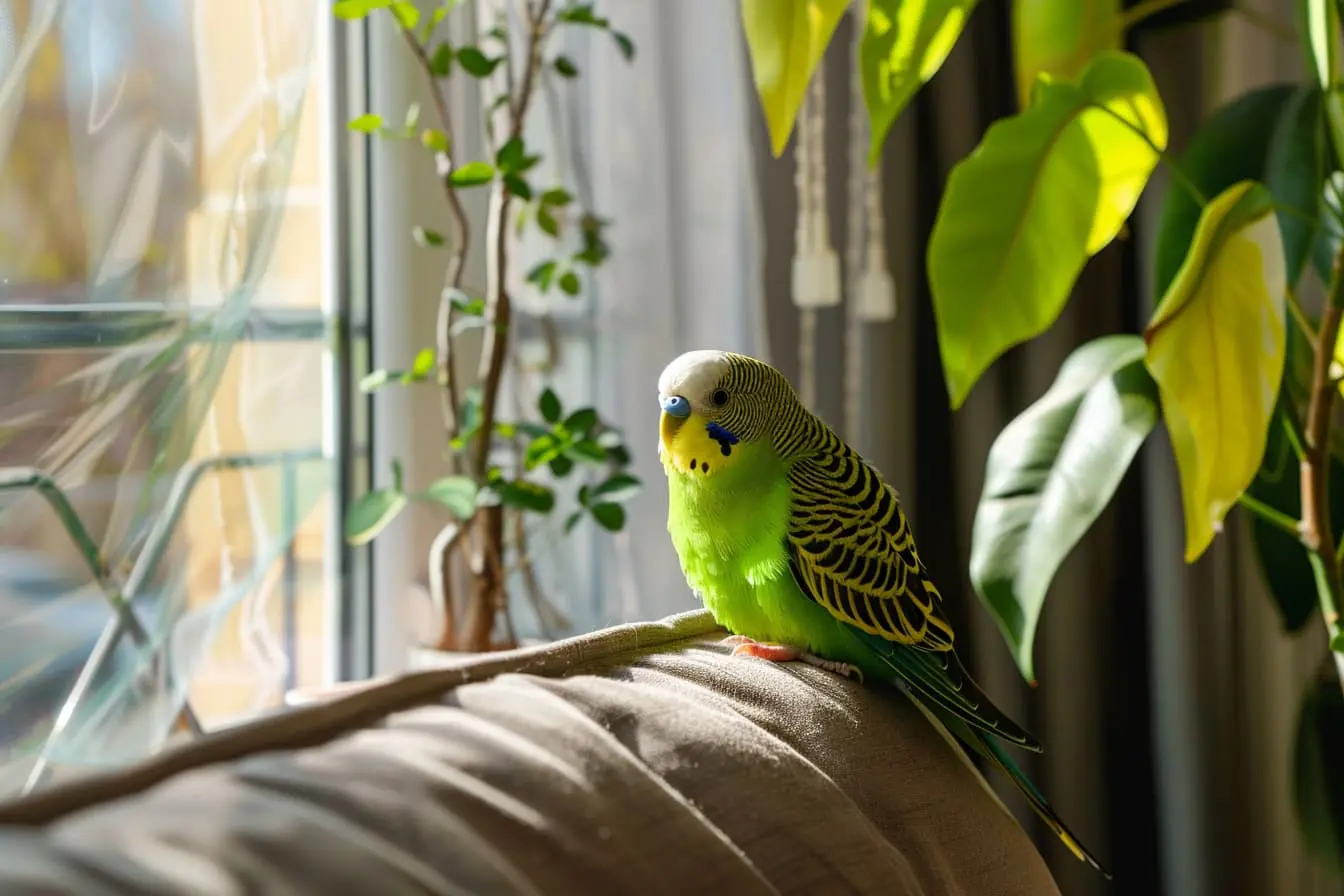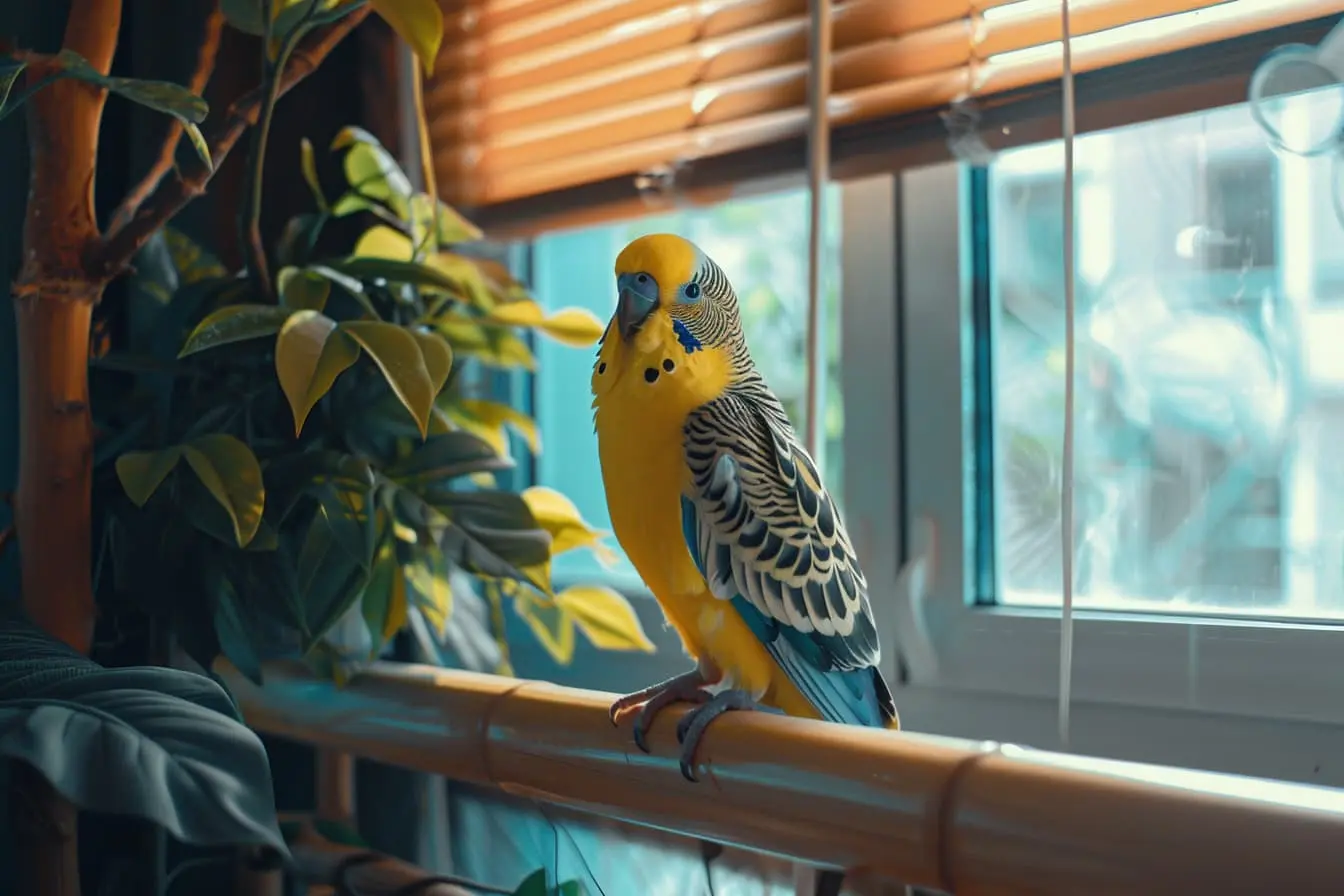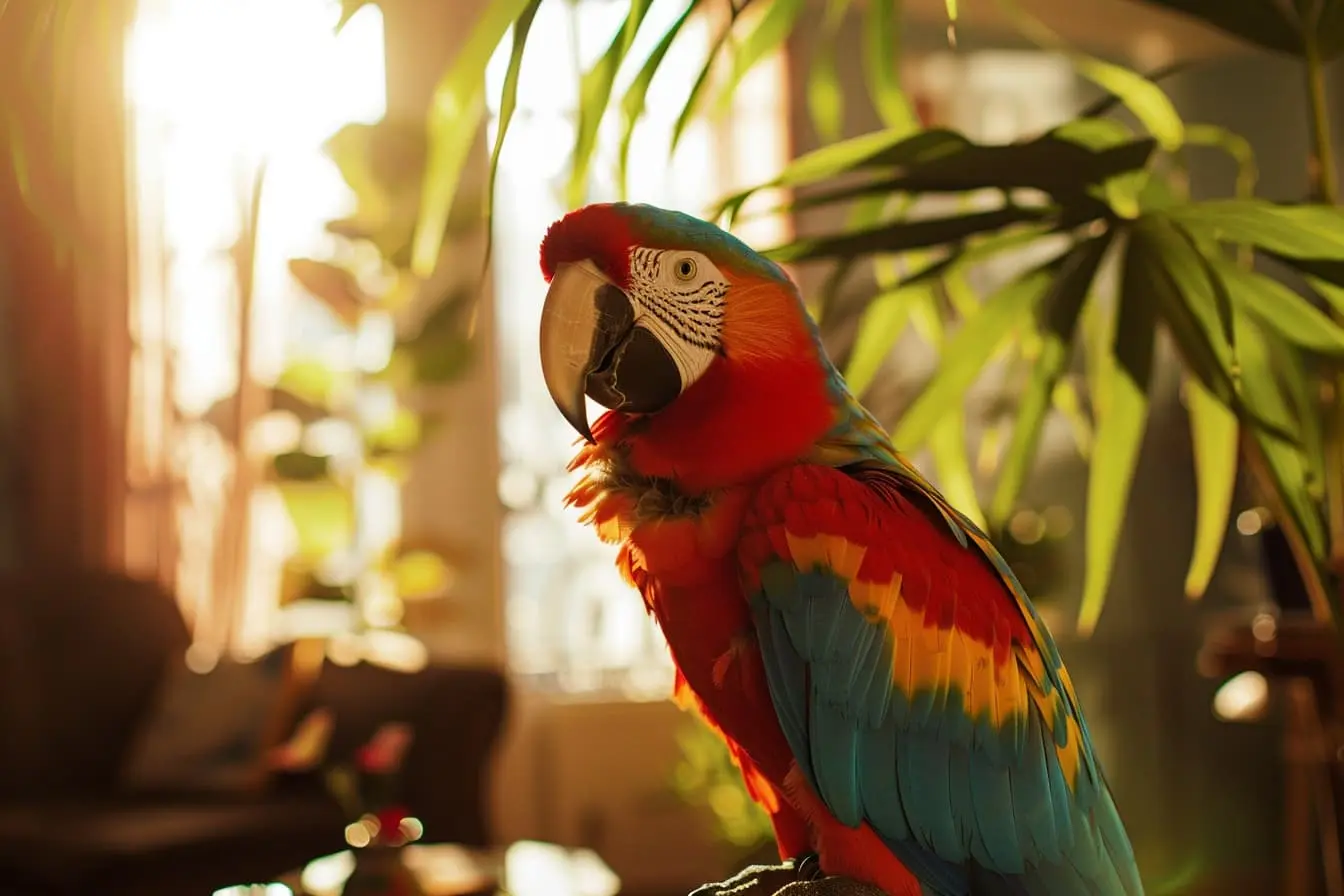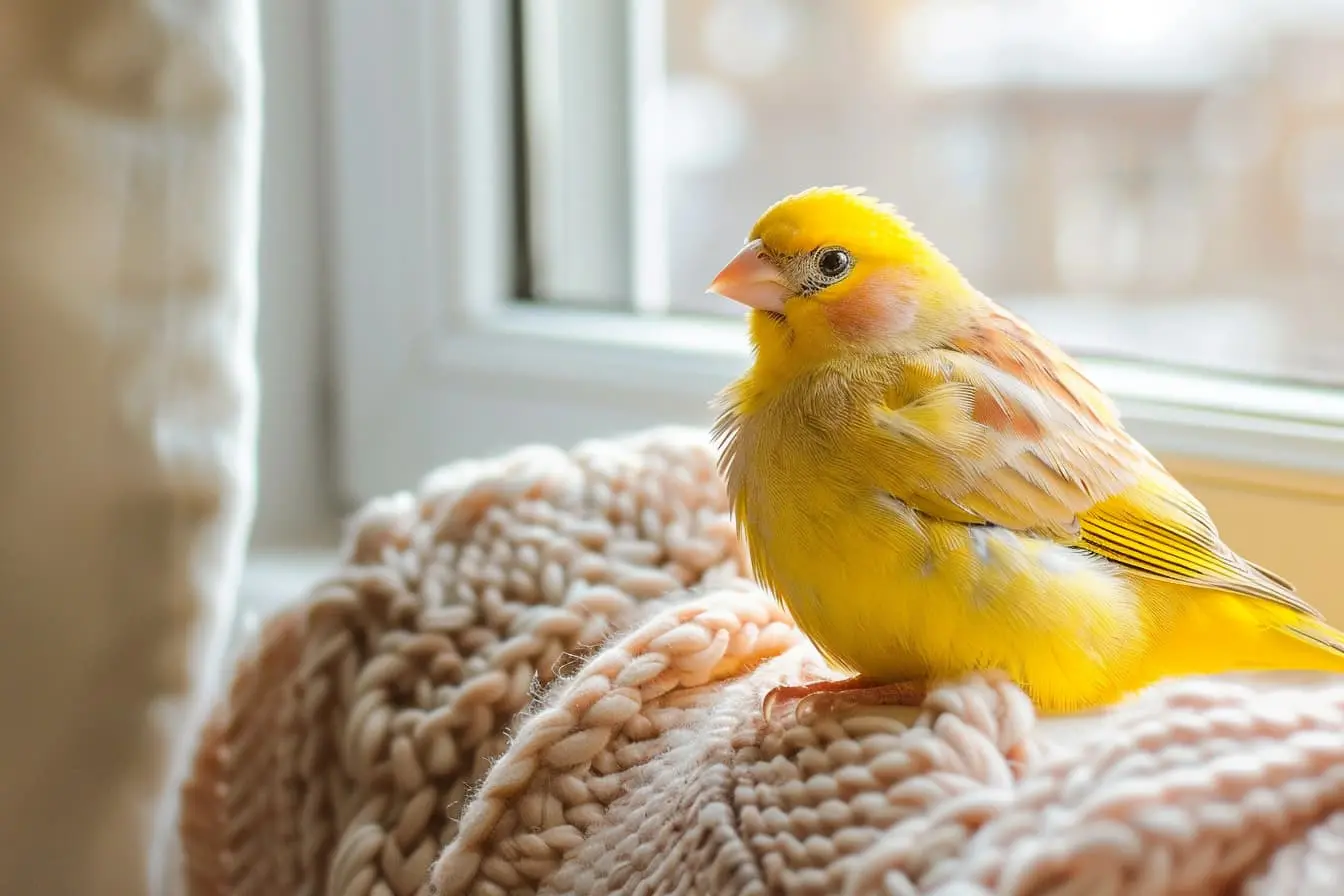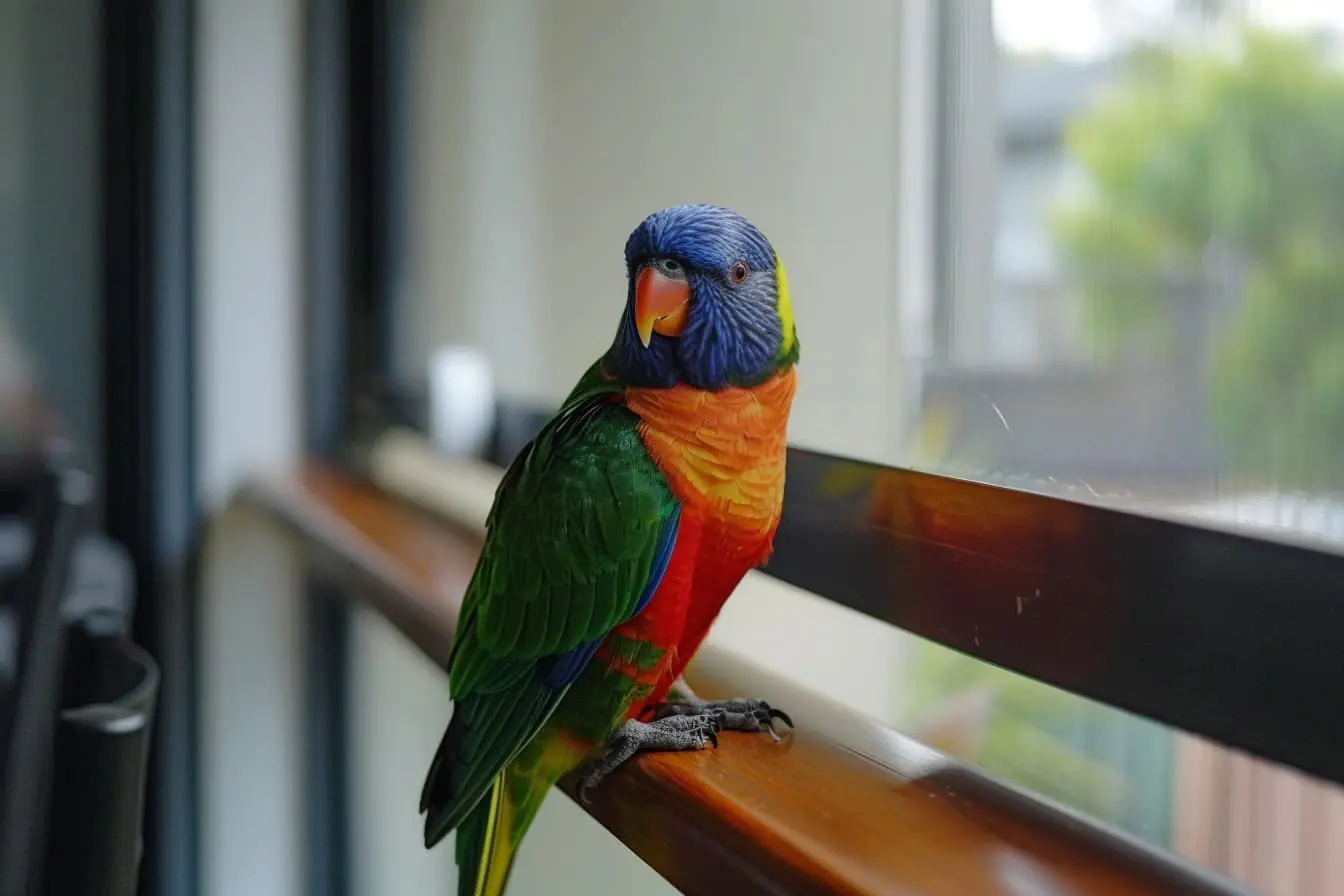
The Complete Guide to Owning a Lorikeet
Lorikeets, with their vivid plumage and playful personalities, are among the more charismatic and interactive parrot species. Known for their unique brush-tipped tongues designed for sipping nectar, lorikeets require specific care and attention. If you're considering a lorikeet as your next pet in the UK, this guide will help you understand everything you need to provide a nurturing environment for your new feathered friend.
Choosing Your Lorikeet
Types of Lorikeets
There are several species of lorikeets, but the Rainbow Lorikeet is the most commonly kept as a pet due to its bright coloration and sociable nature. Other types include the Red-collared Lorikeet and the Scaly-breasted Lorikeet, each with distinct appearances and temperaments.
Where to Buy
- Reputable Breeders: Purchasing from a reputable breeder ensures the birds have been well-cared-for and are healthy.
- Specialised Aviaries or Pet Stores: These establishments are more likely to understand the specific needs of lorikeets and provide ongoing support.
- Rescue Centres: Adopting a lorikeet can be rewarding, providing a home to a bird that may need more attention and care.
What to Look For
- Health: Choose a lorikeet that is active and alert with bright, clear eyes and vibrant feathers.
- Behaviour: Engage with the bird to assess its temperament. Lorikeets should be friendly and curious, not shy or aggressive.
Setting Up Your Home
Cage Requirements
- Size: Lorikeets are active and playful, so a spacious cage is essential. A minimum size would be 24 x 24 x 36 inches, but larger is better.
- Placement: Position the cage in a part of your home that is free from drafts but has good natural light. Avoid direct sunlight and high-traffic areas to reduce stress.
Essentials
- Perches: Provide a variety of perch sizes and materials to help keep their feet healthy.
- Toys: Lorikeets are intelligent and need mental stimulation. Include toys that they can chew, dismantle, and explore.
- Food and Water Dishes: Have dishes that are easy to clean daily, as lorikeets can be messy eaters.
Nutrition
Special Dietary Needs
- Nectar and Pollen: A significant part of a lorikeet's diet should be liquid nectar and pollen substitute, which you can purchase from pet suppliers.
- Fresh Fruits and Vegetables: Offer fresh produce daily to provide essential nutrients and variety.
- Supplements: Depending on their diet, some lorikeets might need additional supplements, particularly calcium and vitamins.
Foods to Avoid
- Avoid foods high in iron, such as red meats and some fortified products, due to the risk of iron storage disease. Also, steer clear of avocado, chocolate, and caffeine.
Health and Maintenance
Regular Vet Visits
- Ensure regular check-ups with an avian vet familiar with lorikeets, as they require specialised health care.
- Signs of Illness: Be vigilant about diarrhoea or changes in feeding behaviour, as lorikeets can be prone to digestive issues.
Daily Care
- Cleaning: Lorikeets are messy, so daily cleaning of their cage and feeding stations is necessary to prevent bacterial growth and maintain hygiene.
- Bathing: Provide opportunities for your lorikeet to bathe as they enjoy water and it helps maintain their feather condition.
Social Interaction and Training
Interaction
- Lorikeets thrive on social interaction and should be engaged with frequently throughout the day. They are known for their playful antics and enjoy being part of family activities.
Training
- With their high intelligence, lorikeets can be trained to perform tricks and may learn to mimic words and sounds.
Legal Considerations
Wildlife and Countryside Act 1981
- Make sure to comply with any specific legal requirements for keeping lorikeets in the UK, particularly if they are considered exotic or non-native species.
Conclusion
Owning a lorikeet can be a highly rewarding experience due to their affectionate nature and lively demeanour. These birds require dedicated care, particularly in their diet and daily maintenance, but the joy and companionship they offer in return make the commitment well worth it. With the right preparation and ongoing care, your lorikeet will be a vibrant addition to your family for many years to come.
Vets near you
Speciality vets
- Aquatics vet specialists
- Birds vet specialists
- Camelids vet specialists
- Cats vet specialists
- Cattle vet specialists
- Deer vet specialists
- Dogs vet specialists
- Equines vet specialists
- Exotic vet specialists
- Goats vet specialists
- Pigs vet specialists
- Poultry vet specialists
- Sheep vet specialists
- Small Mammals vet specialists
- Wild vet specialists
Vet facilities
- Accessible by public transport
- Blood testing
- Car park nearby
- Client car park
- Dentistry
- Diagnostic imaging
- Disabled public access
- Flea and worm treatments
- Microchipping
- Mobile services
- Neutering
- Open at weekends
- Out-of-hours service
- Referral interests
- Referrals only
- Street parking outside
- Toilets available
- Vaccinations
